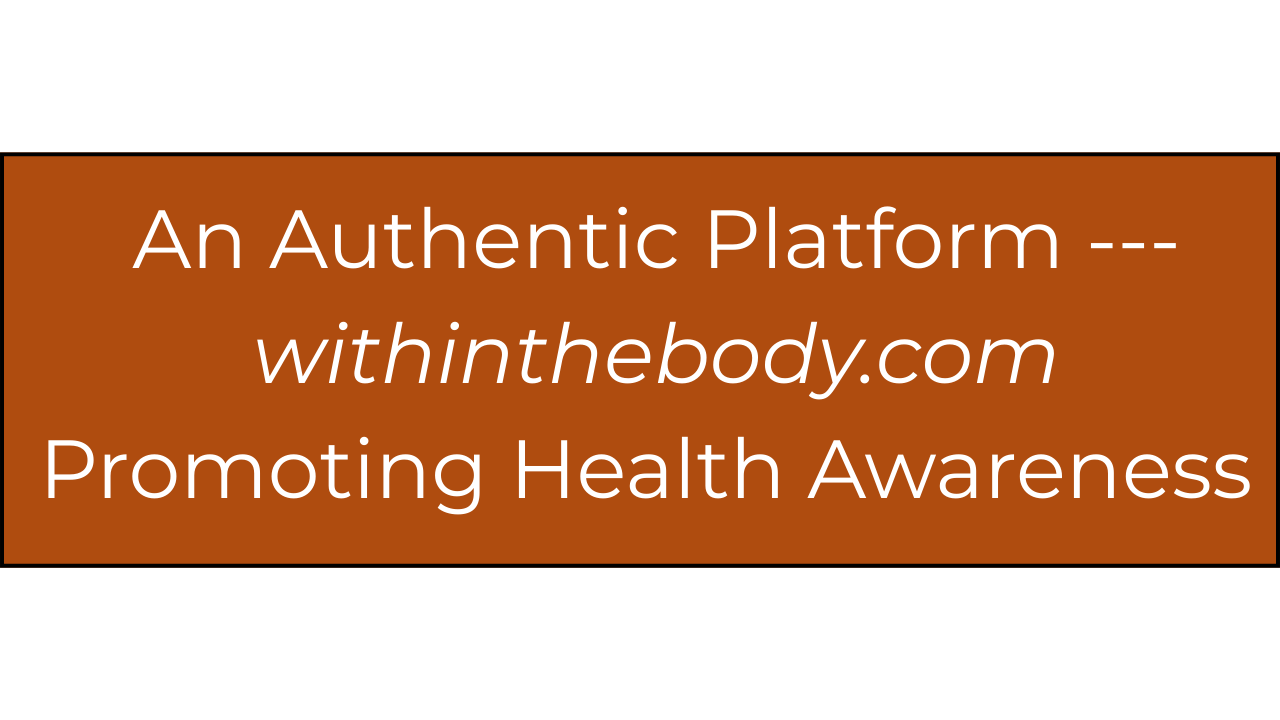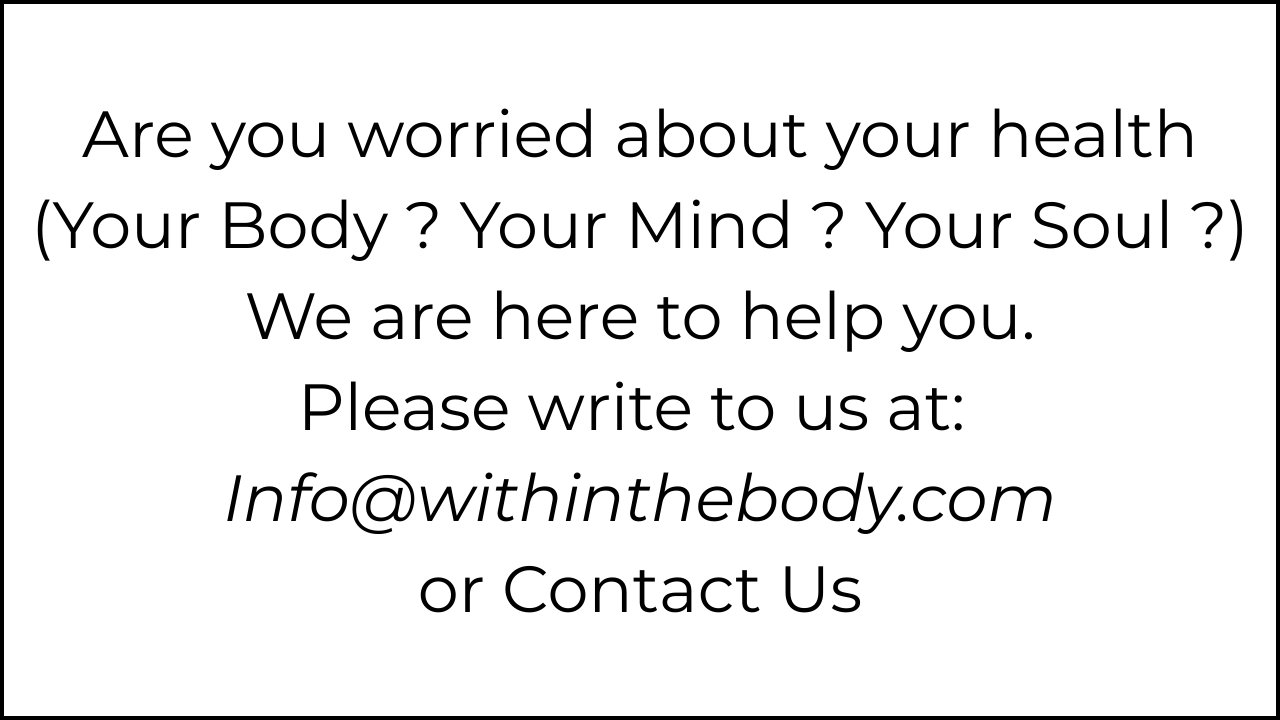How Emotions Affect Heart Health — Scientifically Explained


Introduction
The human heart is not only a mechanical pump but also a deeply sensitive organ influenced by the mind and emotions. Modern cardiology and neuroscience have shown that emotions such as anger, fear, grief, and chronic stress can significantly affect cardiovascular health. While a joyful and calm state of mind protects the heart, prolonged negative emotions may trigger high blood pressure, arrhythmias, and even heart attacks. Understanding this relationship is vital, not only for patients but also for doctors at every stage of their medical journey.
General Readers
Your emotions have a direct impact on your heartbeat and blood pressure. For example:
• Stress and anxiety release hormones (adrenaline, cortisol) that increase heart rate and blood pressure.
• Anger and hostility can tighten blood vessels, making the heart work harder.
• Grief or sadness may cause chest heaviness or a condition known as “broken heart syndrome” (Takotsubo cardiomyopathy).
• Happiness and relaxation release protective chemicals that lower stress and improve blood flow.
This means that maintaining emotional balance is as important for your heart as eating a healthy diet or exercising regularly.
Medical Students
For students of medicine, the mind-heart connection provides an excellent example of psychoneuroendocrine pathways at work. Stress activates the hypothalamic-pituitary-adrenal (HPA) axis and sympathetic nervous system, resulting in increased catecholamine and cortisol release. These cause:
• Tachycardia
• Hypertension
• Endothelial dysfunction
• Increased platelet aggregation
Over time, these changes contribute to atherosclerosis and ischemic heart disease. Understanding these mechanisms helps students appreciate the holistic approach needed in cardiology.
Young Doctors
In clinical practice, you will encounter patients with palpitations, chest pain, or breathlessness that have no structural cardiac cause. Emotional triggers such as anxiety, panic attacks, or bereavement often lie behind such presentations.
Key points:
• Always differentiate between functional symptoms and organic disease.
• Never dismiss emotional stress as “imaginary”; it has real physiological consequences.
• Encourage stress reduction, lifestyle counseling, and, when needed, psychiatric referral.
This approach not only builds patient trust but also improves outcomes.
General Practitioners
For family physicians, emotional health is inseparable from cardiac care. Practical steps include:
• Screening hypertensive and diabetic patients for chronic stress, depression, or anxiety.
• Recognizing the role of psychosocial stressors in recurrent chest pain or poorly controlled blood pressure.
• Coordinating care with psychologists or psychiatrists when required.
• Educating families that emotional support can be as therapeutic as medication.
General practitioners are in the best position to detect early warning signs of stress-related cardiac issues because of their long-term relationship with patients.
When to See the Doctor
Seek medical attention if you experience:
• Frequent palpitations, chest tightness, or breathlessness during stress.
• Sudden severe chest pain after emotional shock.
• High blood pressure or blood sugar that remains uncontrolled despite medication.
• Recurrent fainting, dizziness, or unexplained fatigue.
These may indicate stress-related heart disease or an underlying cardiac condition that needs urgent evaluation.
Conclusion
The scientific evidence is clear: emotions shape heart health. A calm, optimistic outlook acts as a natural shield, while chronic stress and negative emotions can damage the cardiovascular system. Physicians, patients, and families must recognize that treating the heart involves not only tablets and procedures but also nurturing emotional well-being. Heart health, in the truest sense, is both physical and emotional.
FAQs
1. Can stress alone cause a heart attack?
Yes. Severe emotional stress can trigger heart attacks in vulnerable individuals by increasing blood pressure, heart rate, and clot formation.
2. What is “broken heart syndrome”?
It is a temporary heart condition, often triggered by grief or shock, where the heart muscle becomes suddenly weakened, mimicking a heart attack.
3. Can positive emotions really protect the heart?
Absolutely. Joy, laughter, and relaxation lower stress hormones and improve vascular function, reducing the risk of heart disease.
4. How can I control emotional stress to protect my heart?
Adopt regular exercise, meditation, good sleep, social connections, and professional counseling when needed.
5. Do heart medicines work if stress is not managed?
Medicines control blood pressure, cholesterol, or rhythm, but without emotional balance, their effectiveness may be limited, and risk of future heart events remains higher.
6. Should I see a cardiologist or psychiatrist for stress-related heart symptoms?
Start with your primary physician or GP. They can decide whether referral to a cardiologist, psychiatrist, or both is necessary.
